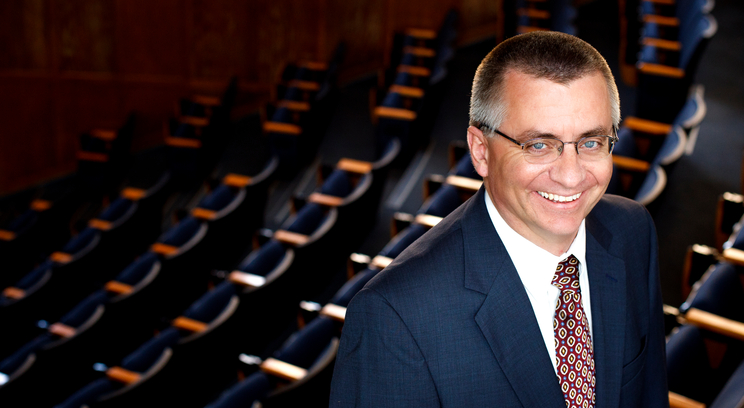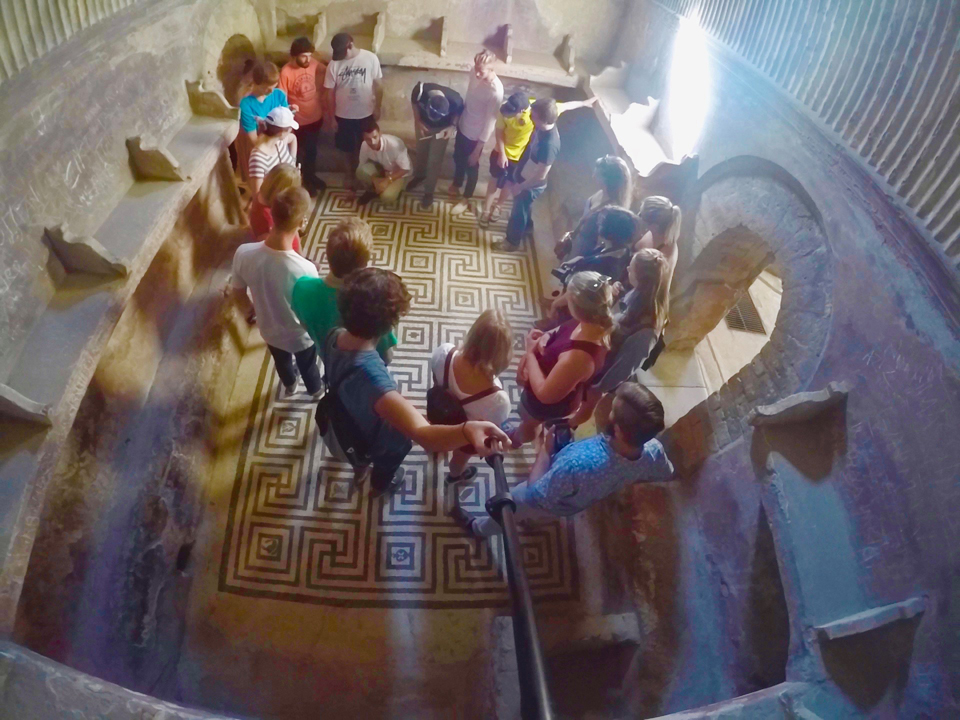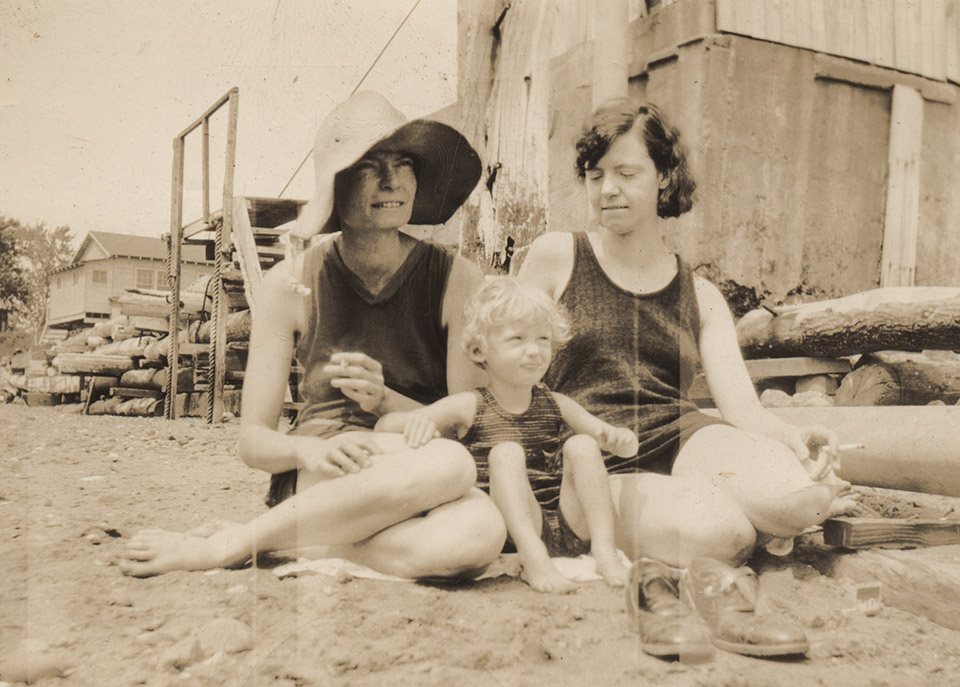Work on the university’s strategic plan continues with many interesting issues being addressed along the way. As an example, one of our task forces is reviewing the university’s core curriculum. The term “core curriculum” refers to the theology, philosophy, English, history, science, math, social science, language and fine arts courses that all St. Thomas students must take as part of their liberal arts education. As one would guess, discussion of the roles these different courses play in the core can become rather spirited. Humanities faculty occasionally bringing different points of view to that discussion than those sometimes brought by science or business faculty for example.
Given the potential for disagreement, the task force took a step back and began with the question, “What is the essence of a St. Thomas education?” The next step will be to ask which pieces of that essence are best provided by the major field courses in areas such as accounting, art history and actuarial science, and which pieces are best provided by the core curriculum courses that all students take. After answering that question, we will proceed to ask how the core curriculum might best do its part in providing the essence of that St. Thomas education, including with which specific courses.
I am happy to report that the task force’s early work reveals that there is much agreement about what constitutes the essence of the St. Thomas education. This consensus is revealed in the results of the surveys completed by faculty, staff, administrators, students, alumni, parents and employers. It turns out that the essence is closely tied to our mission to educate “… morally responsible leaders who The Essence of a St. Thomas Education In This Issue From the Dean by Terence Langan think critically, act wisely and work skillfully to advance the common good.” In fact, almost all of the responses we received can be tied to one of the three verbs – think, act and work – from the mission statement.
For example, many of the survey responses tell us that a St. Thomas education promotes critical thinking and reasoning. It also encourages creativity and curiosity, and enhances the integration of knowledge across disciplinary boundaries. All of these help to ensure that the St. Thomas student will think critically.
Similarly, respondents tell us that the St. Thomas education promotes the formation of a personal identity and an ethical compass. It does so in part by encouraging meaningful engagement with ideas, with individuals and with the community. In doing so, it fosters an appreciation for diverse and global perspectives. These contribute to forming individuals who act wisely.
Finally, we are told that the St. Thomas education provides a solid base of content knowledge, and also promotes collaboration, communication, adaptability and leadership. All of these are necessary to work skillfully.
In the end, I cannot say that we learned anything particularly surprising in this exercise, although it certainly did allow us to confirm and to organize our thoughts. It will be important to keep these answers in mind as we review the core curriculum. Doing so will ensure that tomorrow’s students will benefit from the same essence as our alumni did even as we update some of those requirements.
Read more from CAS Spotlight.







